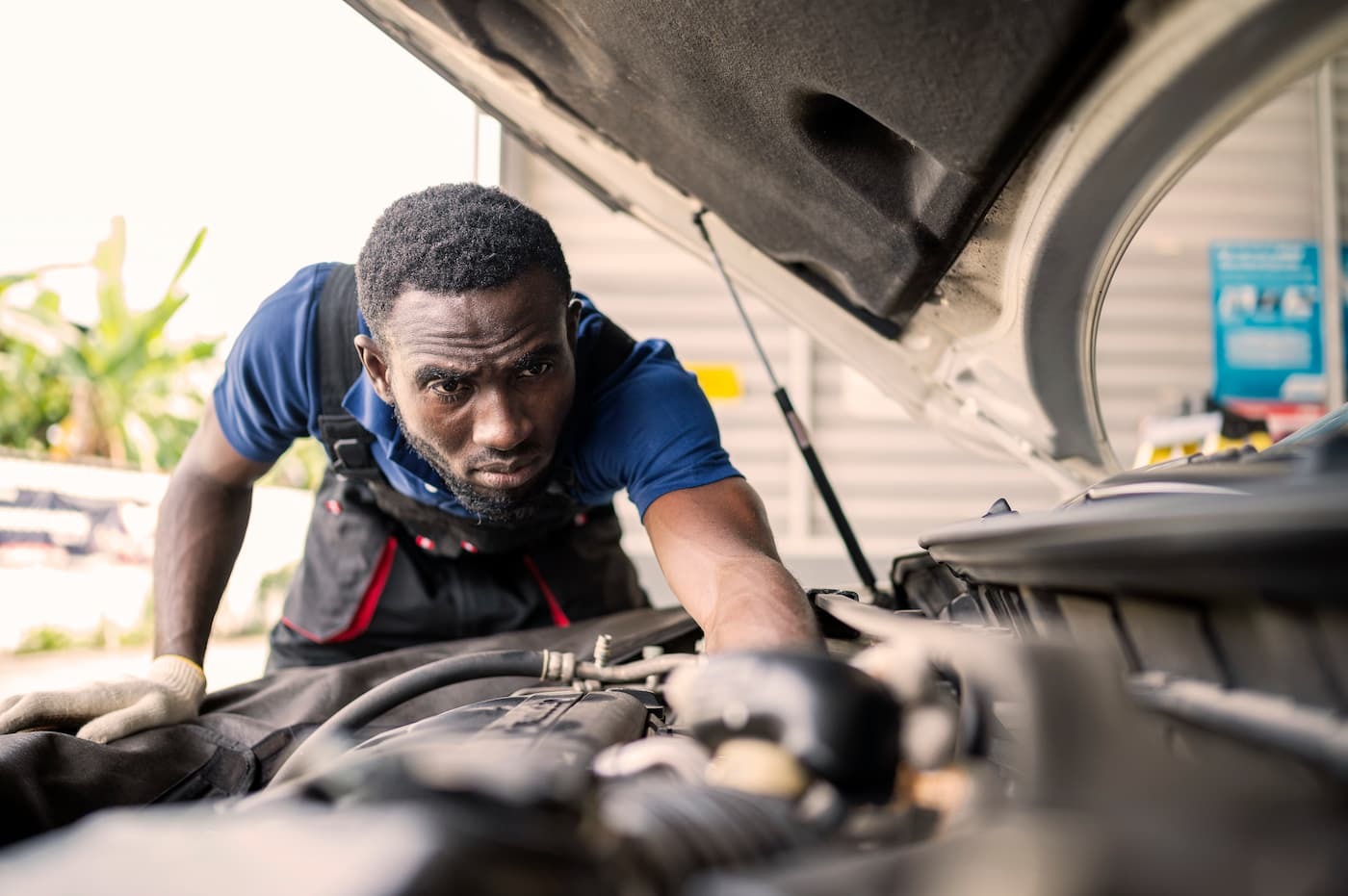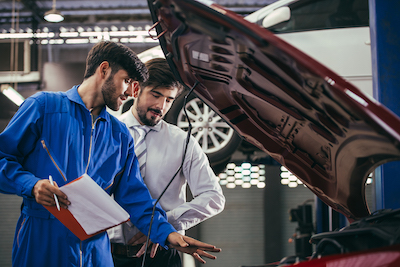All Categories
Featured

When it comes to lorry maintenance, the brakes are arguably the most essential system for ensuring your safety and security. Regular brake assessments are necessary to keeping your braking system in leading problem.
- Why Brake Inspections Are Crucial. Brakes are developed to wear down with time, but without normal evaluations, you may not observe when they become less efficient. A malfunctioning brake system can bring about severe crashes, raised repair work costs, and even the requirement to change other vehicle elements.
Brake examinations not just help you catch prospective issues before they intensify, yet they additionally enable for much better stopping efficiency, increased car life-span, and improved safety.
- Acknowledging Indication for Brake Problems. While routine assessments are essential, you do not need to wait up until your car's following see to the mechanic. Look for these indication that may suggest it's time for an inspection:
Uncommon Sounds: A high-pitched squeal or grinding audio when using the brakes usually signals that the brake pads are worn down or damaged. Soft or Mushy Brake Pedal: If the brake pedal feels soft or squishy when pushed, there may be air or dampness in the brake lines, or the brake liquid may be low. Pulling to One Side: If the car pulls to one side while braking, it might show unequal brake pad wear or a hydraulic issue in the brake system. Resonance in the Wheel or Pedal: If you experience vibration or pulsation when braking, it may be an indication of deformed rotors or irregular brake pad wear. Raised Stopping Distance: If it takes longer than usual to bring your cars and truck to a stop, it may be time to examine the brake pads, fluid degrees, or rotors. If you see any one of these indications, it's best to have your brakes examined instantly by an expert.
- Secret Elements Checked During a Brake Examination. Throughout a brake evaluation, a qualified mechanic will certainly analyze several vital elements of the brake system to guarantee they're operating effectively. Several of one of the most vital parts to inspect consist of:
Brake Pads: These are the friction product that presses versus the brake rotor to decrease the vehicle. With time, the brake pads put on down and need replacing. Brake Rotors: Rotors are the steel discs that the brake pads clamp down on. They ought to be smooth and without deep grooves or splits. Brake Liquid: The brake liquid moves the force from the pedal to the brakes. Low fluid levels or old, polluted liquid can lead to inadequate stopping efficiency. Brake Lines: Brake lines carry liquid from the master cyndrical tube to the brake components. They ought to be examined for leakages, fractures, or damages. Brake Calipers: These secure the brake pads onto the blades. They ought to be in excellent working order and without leakages. Consistently checking these components ensures your braking system works efficiently and helps you prevent harmful driving scenarios.
- Exactly how Usually Should You Get Your Brakes Evaluated? The regularity of brake assessments relies on your driving practices and the sort of lorry you possess. As a basic guideline, it's recommended to evaluate your brakes a minimum of once a year or every 12,000 miles. However, if you drive in rush hour, regularly carry heavy lots, or drive on sloping terrain, even more constant evaluations may be essential.
It's also a good concept to have your brakes checked if you see any of the warning indicators mentioned earlier, as this can stop more significant problems.
- The Expense of Overlooking Brake Inspections. Overlooking routine brake inspections can result in serious repercussions. Used brake pads, damaged blades, or reduced brake liquid can create your braking system to stop working when you require it most. Along with the safety risks, overlooking brake maintenance can cause expensive repair work down the road.
For example, if the brake pads are not changed in time, the damages could encompass the blades, leading to the requirement for blades replacement-- a pricey repair. By organizing regular brake evaluations, you can prevent these pricey fixings and keep your stopping system in good problem for longer.

- What Happens During a Brake Evaluation? An expert auto mechanic will certainly do a comprehensive examination of your car's stopping system, consisting of checking for the complying with:
Brake Pad Thickness: Brake pads need to be changed when they have actually put on down to a particular density. Blades Condition: The technician will certainly examine the blades for indicators of wear, bending, or scoring. Brake Liquid Level: Low brake fluid can affect braking performance. The auto mechanic will certainly examine the fluid degree and replenish it if needed. Brake Line Integrity: The brake lines will be checked for any type of leaks or fractures that can compromise the brake system. Once the examination is total, the mechanic will inform you of any type of needed fixings or replacements.
Final Thought: Remain Safe with Regular Brake Inspections. Your brakes are important to maintaining you and your guests risk-free on the road, so routine brake examinations ought to never be disregarded. By focusing on warning indications, scheduling periodic brake checks, and addressing problems quickly, you can make sure that your brakes are always in leading shape.
Do not wait up until your brakes stop working-- stay aggressive regarding brake maintenance. A tiny financial investment in brake examinations today can save you from pricey fixings and dangerous situations in the future.
Latest Posts
Explore Best Car Repair Solutions at Montclare Auto Repair – Reliable Repairs Await
Learn Why Chicago Drivers Select Montclare Auto Repair for Reliable Service and Significant Savings
Secure Your Home with Quality Residential Roof
More
Latest Posts
Explore Best Car Repair Solutions at Montclare Auto Repair – Reliable Repairs Await
Learn Why Chicago Drivers Select Montclare Auto Repair for Reliable Service and Significant Savings
Secure Your Home with Quality Residential Roof
